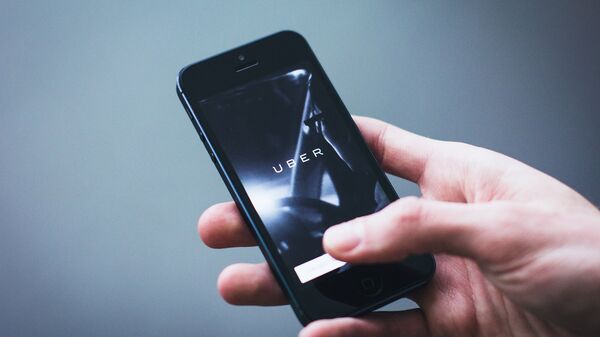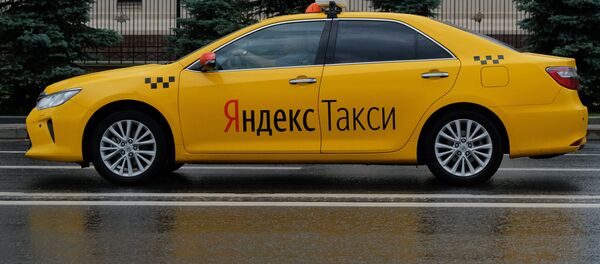In a statement yesterday, the regulator said, "TfL's regulation of London's taxi and private hire trades is designed to ensure passenger safety. Private hire operators must meet rigorous regulations, and demonstrate to TfL that they do so, in order to operate."
"TfL must also be satisfied that an operator is fit and proper to hold a licence," the regulator added.
TfL's statement noted how Uber's "approach and conduct demonstrate a lack of corporate responsibility in relation to a number of issues which have potential public safety and security implications," including the company's approach to criminal offences and Enhanced Disclosure and Barring Service checks, related to background checks.
Tom Elvidge, London general manager for the rideshare company, released a statement defending the company, Tech Crunch reported.
"Drivers who use Uber are licensed by Transport for London and have been through the same enhanced DBS background checks as black cab drivers. Our pioneering technology has gone further to enhance safety with every trip tracked and recorded by GPS."
"We have always followed TfL rules on reporting serious incidents and have a dedicated team who work closely with the Metropolitan Police. As we have already told TfL, an independent review has found that ‘greyball' has never been used or considered in the UK for the purposes cited by TfL," according to Uber.
London mayor Sadiq Khan supported the regulator's decision, stating, "I fully support TfL's decision — it would be wrong if TfL continued to license Uber if there is any way that this could pose a threat to Londoners' safety and security."
Uber's current license to operate in London will expire on September 30, although the company may continue to operate during the expected appeal process. The company claims to have some 3.5 million users in London and an estimated 40,000 drivers.
The rideshare company claims that an online petition to keep its license in London has garnered some half a million signatures in under 24 hours, cited by Reuters.
Uber encouraged petition participation by claiming that city authorities had "caved in to a small number of people who want to restrict consumer choice."



